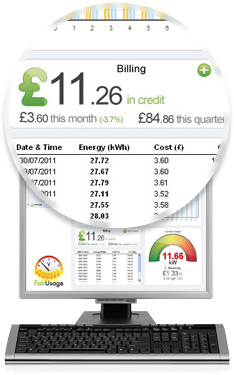Buildings use twice as much energy as they should, research reveals

Numerous buildings are using twice the amount of energy they normally should and that’s mostly down to cultural problems in the construction and design industry, research from the University of Bath has been able to suggest.
David Coley, Professor of Low Carbon Design, who led the investigation into why there was such a disparity between the quoted energy savings of certain buildings compared with real-world performance, revealed that some building designers put the blame on occupants for using buildings incorrectly or on builders for taking shortcuts and using the wrong materials.
He commented: “The delivery of buildings that are not as energy efficient as they should be is costing millions of pounds in inflated energy bills and wasting huge amounts of electricity and heat.”
The research also concluded that more regulation from industry bodies is needed, particularly to outline which technologies are the most effective and to encourage transparent reporting and feedback after the building is being used.
HeatingSave – the low-cost building management system (BMS) to help you slash energy bills and cut carbon emissions in a fast and easy way
Replacing your central heating clock with a HeatingSave energy and boiler management controller is the quickest way of beating those tariff rises and saving on energy costs, often paying for itself in less than a year but almost always in less than 3 years.
HeatingSave can cut your energy usage by 20% to 30% with its energy management control, as its internal microprocessor constantly calculates and improves the efficiency and savings of your central heating system.
Using HeatingSave, simply choose the room temperature and the hot water you want, and when, and HeatingSave does the rest. It works with all central heating systems – oil, gas or coal – and links up with a PC to produce reports and graphs to fashion a powerful and complete energy management system.
The system is backed by the Carbon Trust and the Energy Savings Trust.






